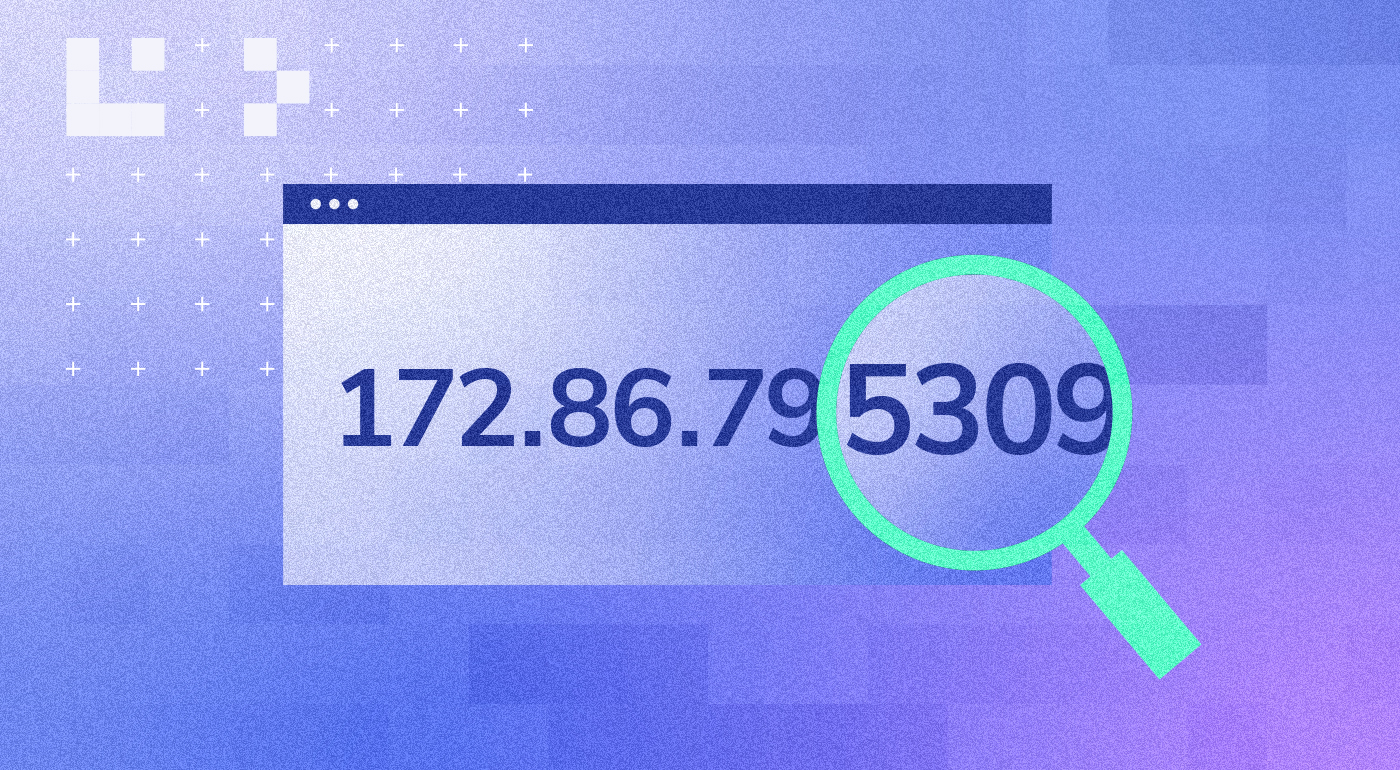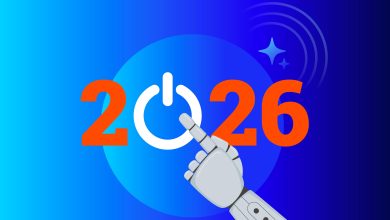
Have you ever paused to consider, ‘What is my IP address and why does it matter?’ At first glance, this question might seem trivial, yet it unlocks a world of significance in our digitally-driven lives. An IP (Internet Protocol) address is more than just a random string of numbers; it’s a crucial element that shapes your online experience, influencing everything from your privacy to the content you can access.

Knowing your IP address is essential in the internet-driven world of today. Whether you are an avid internet user, a remote worker, or a casual surfer, this article is designed to provide useful advice. We’ll look at how your IP address works, how it affects your online persona, and what you can do to protect your digital trail. Now, let’s explore the world of IP addresses and learn how important this “invisible identifier” is to your online experience.
Your IP Address’s Function in Online Identity
Your IP address is an essential component of your online identification and is more than simply a string of digits. As you move across the virtual environment, it leaves traces, much like a digital fingerprint. This section examines how your IP address shapes your online persona and the issues that follow.
- Digital Fingerprint:
- Your IP address is unique to your online activity, much as your fingerprint is.
- It serves as a connection between all of your online activities, including the websites you browse and the things you buy..
- Online Tracking and Profiling:
- Websites and marketers routinely utilize IP addresses to monitor user activity and personalize content or adverts.
- It’s like when a store recognizes you and makes product recommendations based on your previous purchases.
- Security and Fraud Prevention:
- Websites utilize IP addresses to detect potentially dangerous activity for security purposes.
- To stop fraud, banks and internet services often check IP addresses. If they see that a login attempt is coming from an odd place, they will notify you.
- Geolocation and Content Access:
- The material you may access is influenced by your approximate geographical location, which is disclosed by your IP address.
- For instance, certain streaming services restrict content by region, using your IP address as a geo-gatekeeper.
- Real-World Example:
- Consider a scenario where you’re unable to access a video because it’s not available in your country. Your IP address is the key factor in this geo-restriction.
- Privacy Concerns:
- While IP addresses are necessary, they raise privacy concerns. Your online habits can be tracked and profiled, often without your explicit consent.
- It’s important to be aware of these privacy aspects and take steps to protect your online identity.
Your IP address and privacy

Talking about privacy and your IP address is like talking about the safety of your digital personal journal. Every entry—or, more specifically, every online activity—leaves traces that go directly to you. This section investigates the trackability of IP addresses, looks at the privacy consequences, and offers tips for protecting personal data.
There are advantages and disadvantages to IP address trackability. On the one hand, it makes sure that data gets to where it’s supposed to and helps internet services run smoothly. However, it may also serve as a window into your own online realm. Your IP address may be used by hackers, advertisers, and even inquisitive people to discover details about your location, surfing preferences, and even identity.
This brings up an important point about IP address privacy: how can it be safeguarded? Being aware is the first step. It’s important to be careful about where your digital address is revealed, just as you wouldn’t freely divulge your house address with strangers. Your IP address may be hidden by using technologies like Virtual Private Networks (VPNs) or proxy servers, which can hide your online activities. Furthermore, limiting the networks you connect to—particularly public Wi-Fi—can help shield your IP address from unauthorized access.
Regaining control over your online identity is a goal of comprehending the nuances of IP address privacy, not only avoiding uninvited surveillance. Knowing that your personal data is protected gives you the confidence to traverse the internet world. Just like you lock your doors at night, locking your IP address is a key step in preserving your digital life.
In summary
Always keep in mind that awareness is the first step to transformation. It is our duty as internet users to keep themselves informed and choose wisely while navigating the digital world. Our online behavior has repercussions, just as it does in the real world, and the trip there is often initiated by our IP address.
Thus, the next time you use the internet, think about the significance of your IP address and how it shapes your online experience when you ask yourself, “What is my IP address?” By doing this, you’re actively contributing to the development of a more secure and private digital future in addition to improving your knowledge of the internet.




Very nice and thought provoking article by Minu Mathew. I agree with the author… no AI can replace creativity and emotions of the human.. which is called the human touch.
Awesome and thought provoking. We only tend to think of the positive aspect of AI normally.